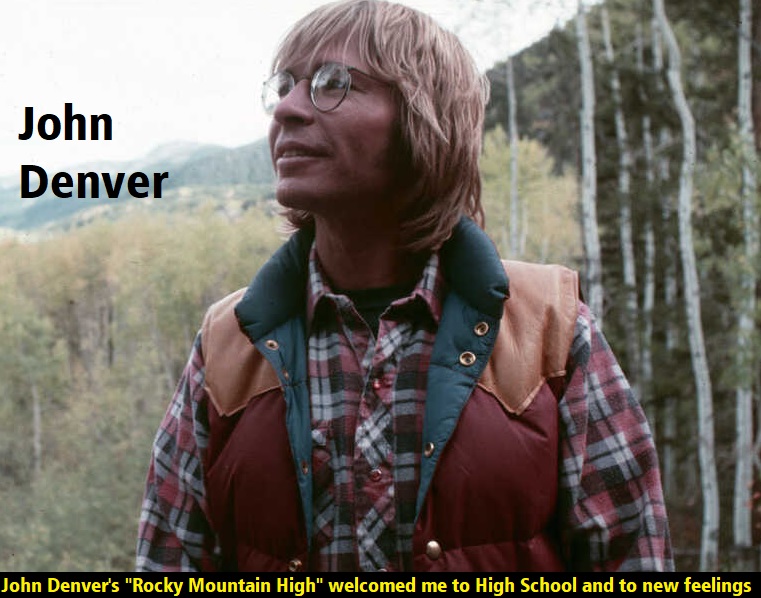Click on the video above and please join us in reliving this wonderful song by Gordon Lightfoot which was released in 1970.
Gordon’s “If You Could Read My Mind” touched us deeply because of its intense, introspective lyrics and soft haunting melody. It captures the pain of a fading relationship with honesty and vulnerability. The song unfolds like a conversation between two people, with Lightfoot reflecting on his own feelings of love, disillusionment, and regret. Unfortunately, we have all experienced these feelings and more unfortunately still is the fact that we lost Gordon Lightfoot on May 1, 2023. Is it me or does it not feel to you as if all of the artists of our time are slowly but sadly leaving us? Gordon’s contemporaries such as Jim Croce, John Denver and others are no longer with us.
Gordon’s lyrics offer us a deep look into the emotional world that comes with the end of a meaningful connection or meaningful relationship. The song has metaphors like “a ghost from a wishing well” painting a tender picture of love lost and the yearning for understanding. The beauty of Lightfoot’s storytelling lies in its universality— even though the song is deeply personal, his words nevertheless touch on emotions most of us can relate to, making the song feel both intimate and yet at the same time inclusive to all of us.
The melancholic melody of “If you could read my mind” complements the lyrics, adding layers of sorrow that elevate the song’s emotional depth. Lightfoot’s gentle, heartfelt delivery invites listeners into his world, evoking empathy and introspection. This combination of sincere lyrics, a haunting tune, and a tender vocal performance makes “If You Could Read My Mind” a timeless reflection on love, loss, and the human experience.

